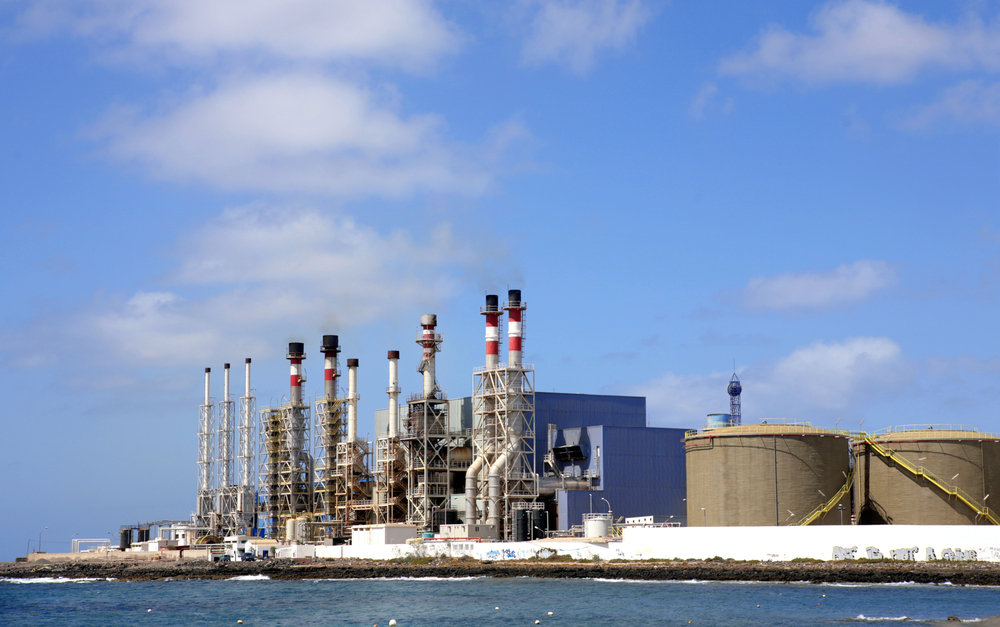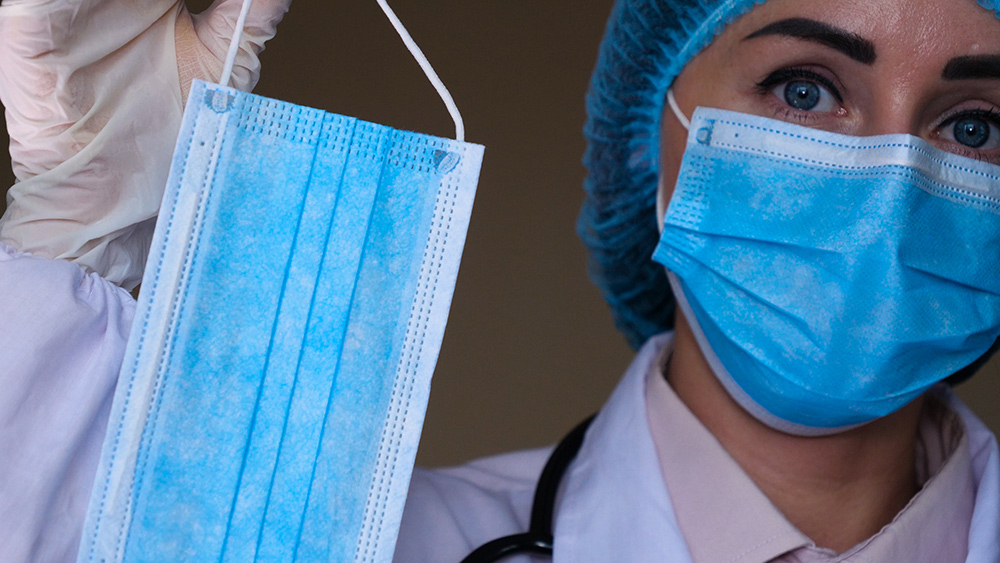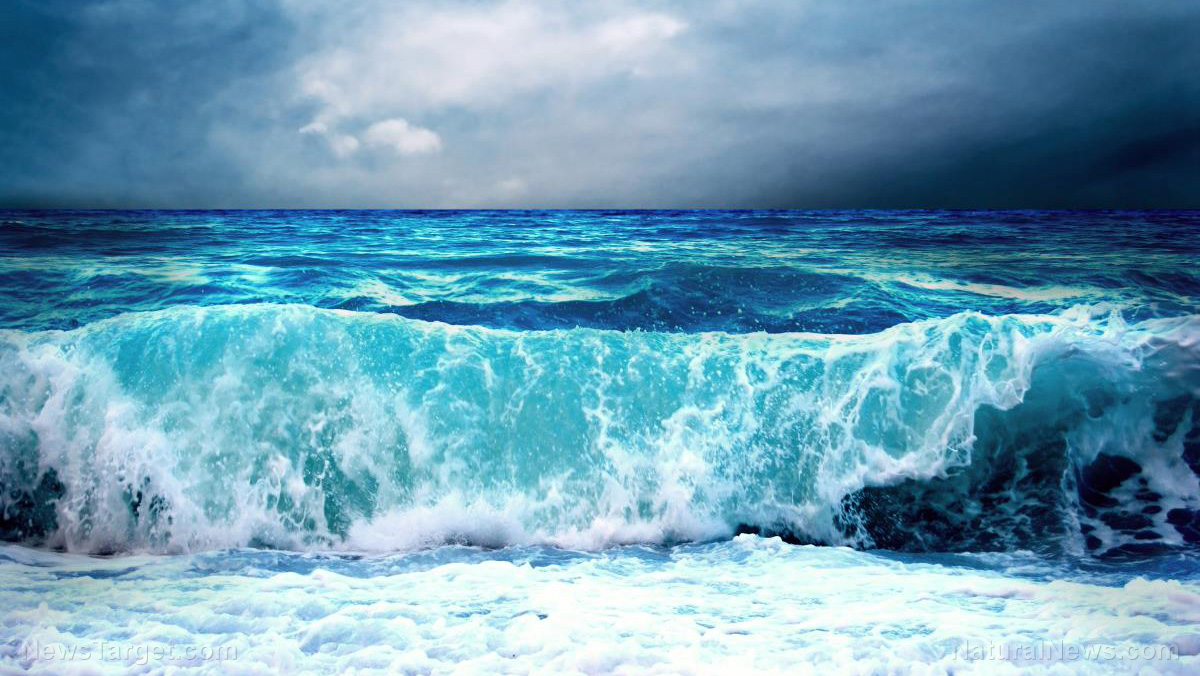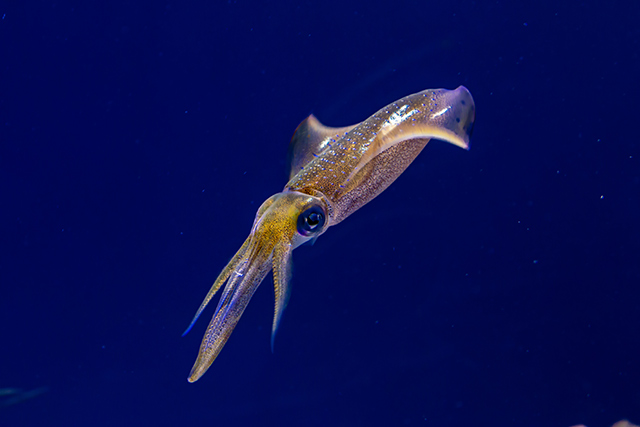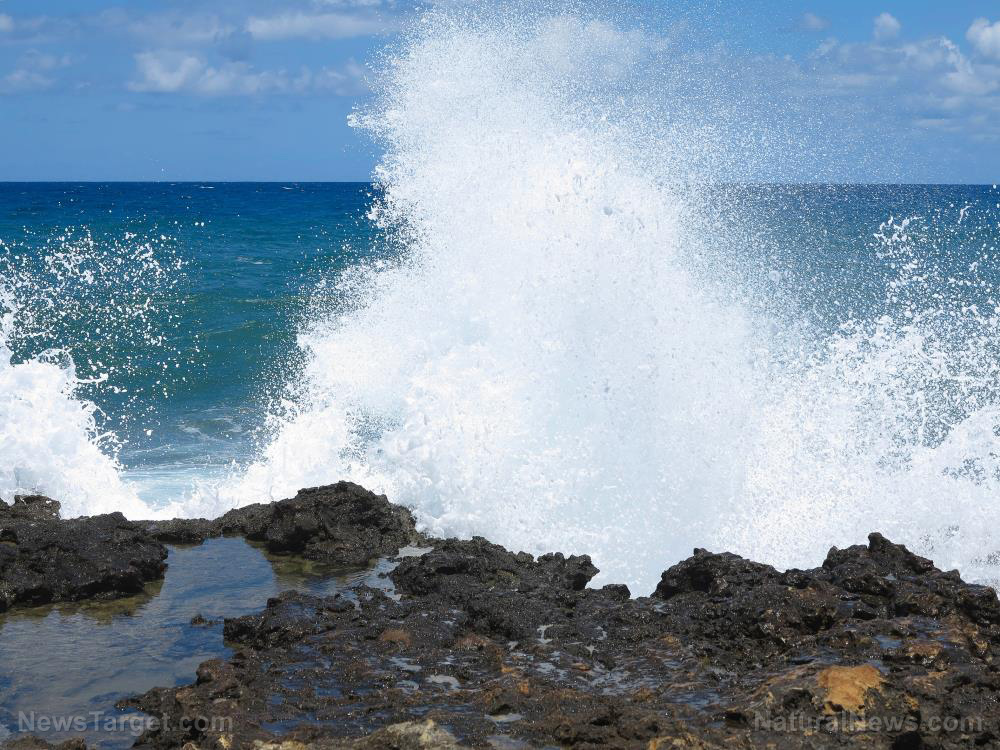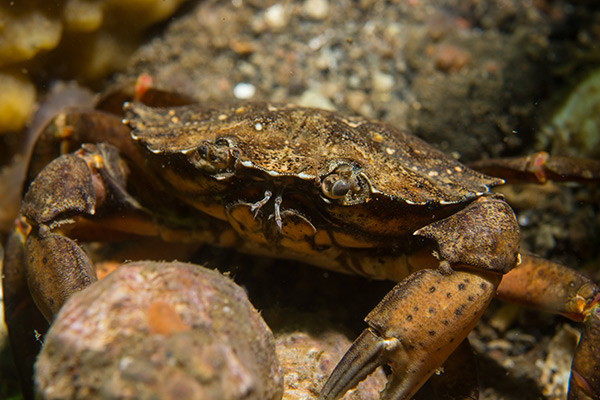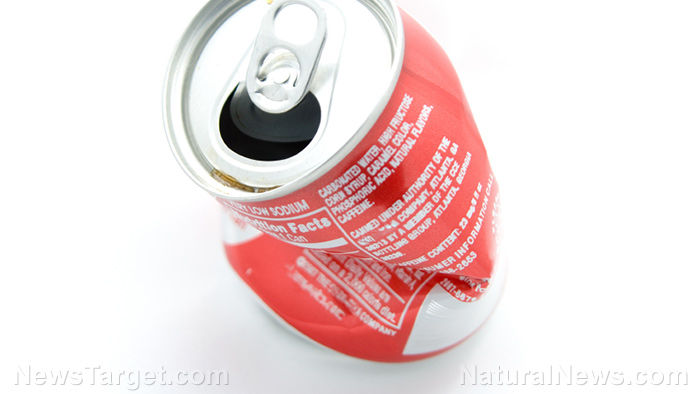Garbage-gobbling machine combats marine pollution in Baltimore
06/29/2021 / By Virgilio Marin

A machine that “eats” garbage floating in the water has been cleaning up the bays of Baltimore. Called Mr. Trash Wheel, the 50-foot-long contraption has gobbled up more than three million pounds of trash in the historic Inner Harbor since its debut in 2014, according to CNET.
John Kellett, founder of Clearwater Mills, a locally owned and operated logistics company, invented Mr. Trash Wheel to combat marine pollution in the harbor. He observed that a river of trash would flow down from the Jones Falls tributary whenever it rained, but the city had no solution for that rubbish.
“There should be a way to stop this trash before it spreads out,” he told media outlets in 2019, referring to how the garbage that flows into the harbor empties into the Chesapeake Bay and the Atlantic Ocean. “I did some research to see if there was anything out there to tackle that job, and I found nothing.”
To solve the harbor’s garbage problem, he designed a 100,000-pound trash interceptor that combines the principles of a water wheel and a hay baler. The water current rotates a water mill at the machine’s side, which then powers a system of pulleys that keeps a large conveyor belt moving. The conveyor belt’s rake-like “teeth” then scoops up various sorts of flotsam, from soda cans to plastic bags and cigarette butts.
Two long containment booms funnel trash toward the googly-eyed machine’s maw and into a floating dumpster. When enough trash has piled up, a crew of volunteers empties the dumpster.
If the river isn’t flowing fast enough, the stationary machine is equipped with an array of solar panels and a battery pack that could power the pumps to the water mill. Kellett could turn on the pumps via his smartphone and monitor his invention 24/7 via a webcam. (Related: Scientists create sponge-like material to soak up phosphate from polluted waters.)
The trash interceptor garnered the interest of a nonprofit called the Abell Foundation, which provided the money to develop and refine the Trash Wheel concept. It was then installed in the Inner Harbor after months of testing and building. Its first major storm was in April 2015. After the storm, the machine was able to collect 19 tons of garbage in a day.
Trash interceptor spawns a brood
The Waterfront Partnership of Baltimore, a nonprofit funded by a coalition of local businesses, commissioned Kellett to make three more of his invention: Professor Trash Wheel, Captain Trash Wheel and most recently, Gwynnda the Good Wheel of the West, which debuted in April this year at the mouth of the Gwynns Falls in west Baltimore.
Adam Lindquist, director of the organization’s Healthy Harbor Initiative, said that Mr. Trash Wheel improved the Inner Harbor in ways that he could never have imagined. The initiative sifts through the garbage that the Trash Wheels picked up to weigh and classify the type of junk collected. The data showed just how much refuse makes its way into the harbor and how big of a help Kelletts’ inventions are.
“We know that we’ve pulled out over a million styrofoam containers from the harbor,” he said. “That’s the sort of information, data and photos that we share with our elected officials to let them know just how big of a problem this is.”
Other port cities, including Atlanta, Honolulu, Milwaukee, Newport Beach and San Francisco, have plans to install a version of Mr. Trash Wheel. In 2019, Newport Beach announced plans to install a trash interceptor late this year, though the COVID-19 pandemic appears to have delayed the plan.
Depending on its size, a Trash Wheel costs between $400,000 and $800,000. The cost includes assembly, installation and personalization.
Inventions.news has more about amazing technologies that combat marine pollution.
Sources include:
Submit a correction >>
Tagged Under:
baltimore, breakthrough, cool science, environment, future tech, innovation, inventions, Mr. Trash Wheel, Oceans, trash interceptor, water health
This article may contain statements that reflect the opinion of the author
RECENT NEWS & ARTICLES
OceanHealthNews.com is a fact-based public education website published by Ocean Health News Features, LLC.
All content copyright © 2018 by Ocean Health News Features, LLC.
Contact Us with Tips or Corrections
All trademarks, registered trademarks and servicemarks mentioned on this site are the property of their respective owners.

